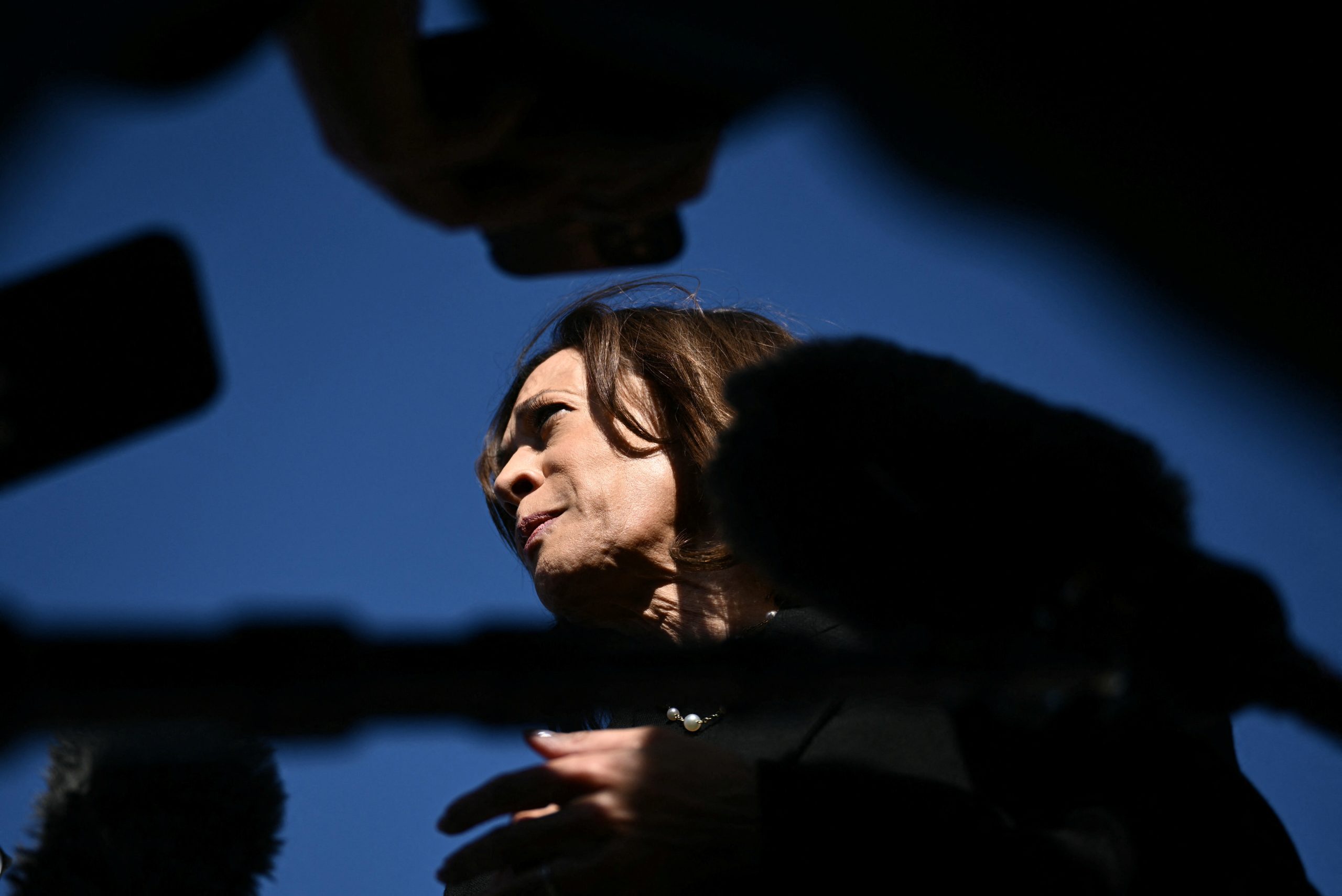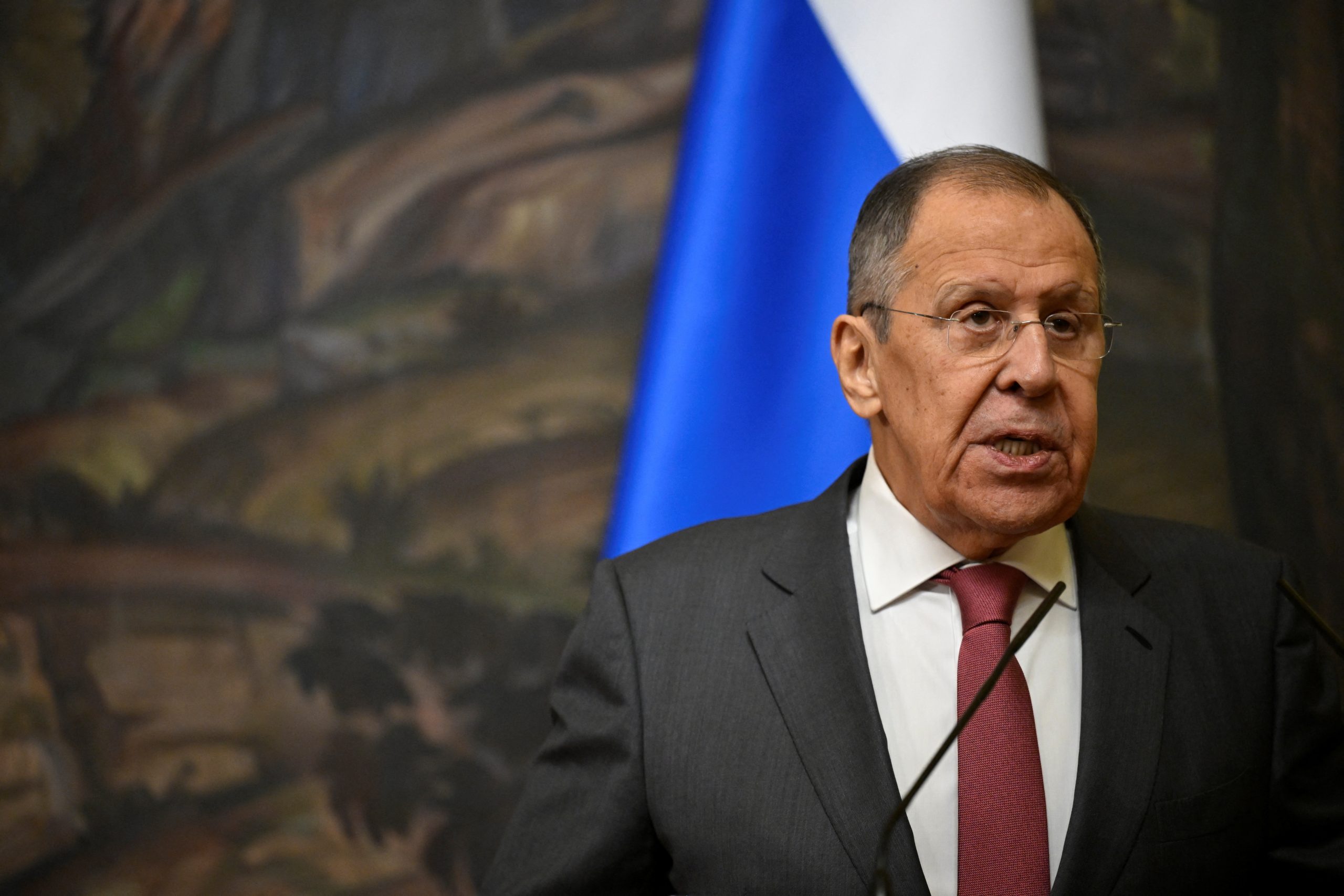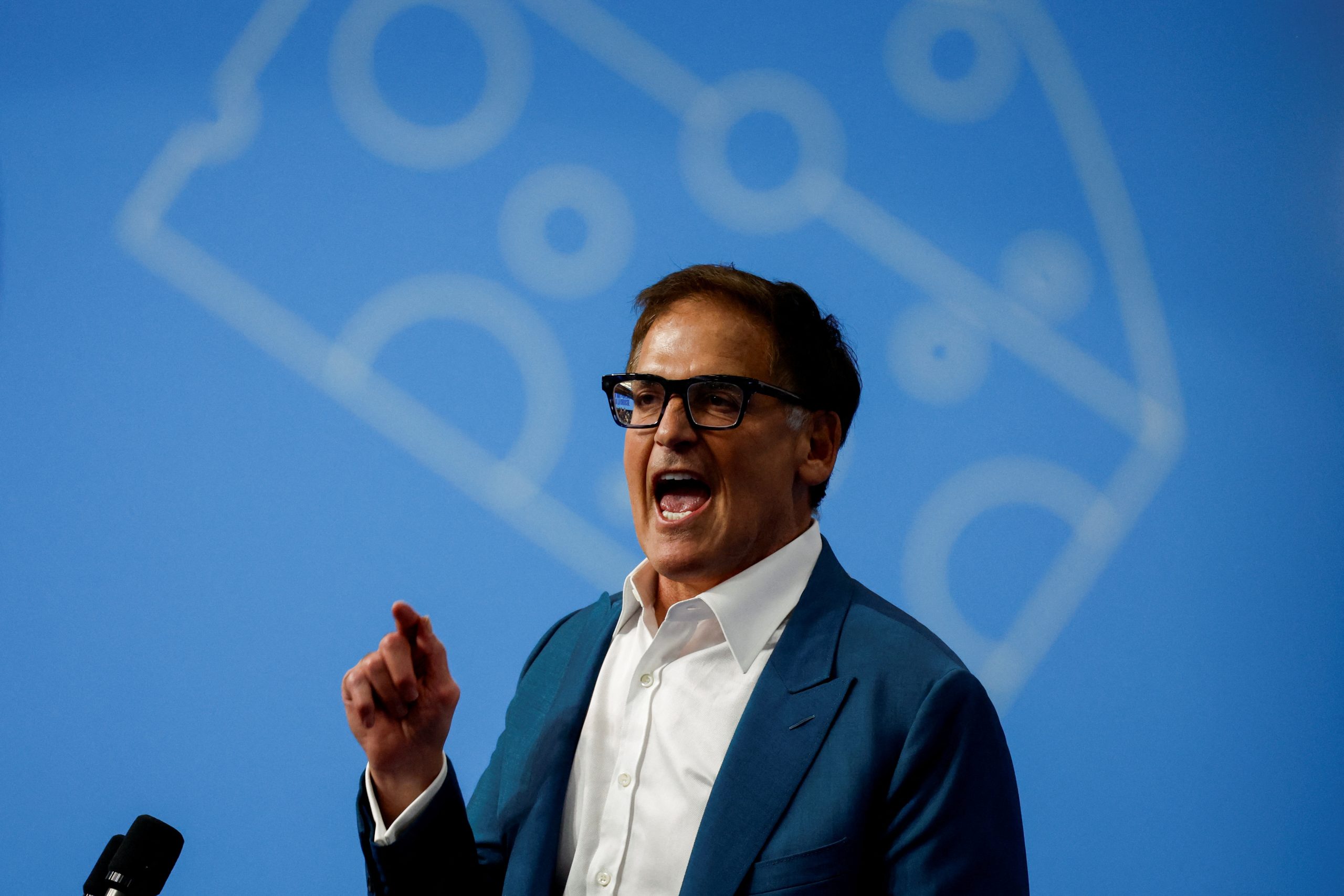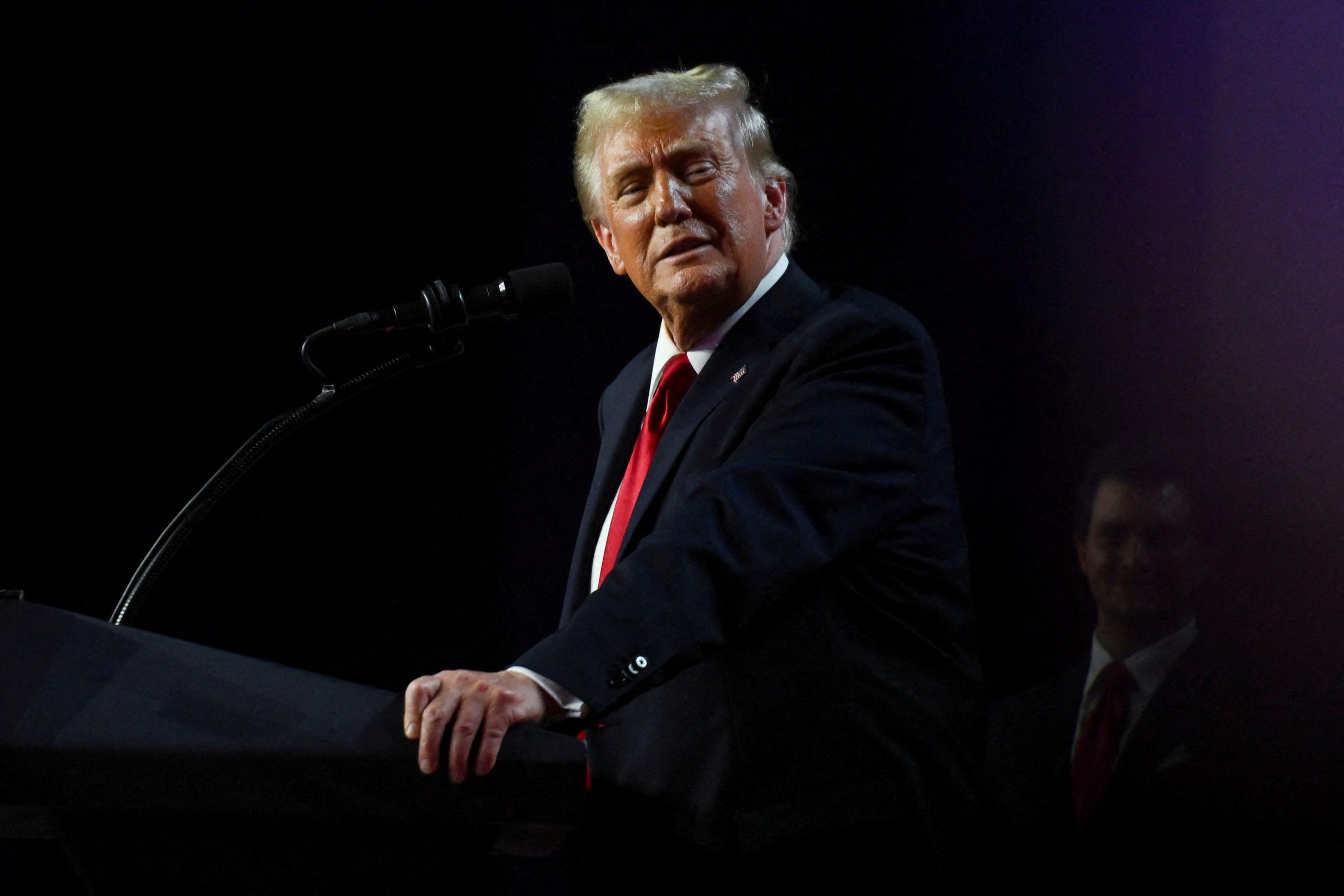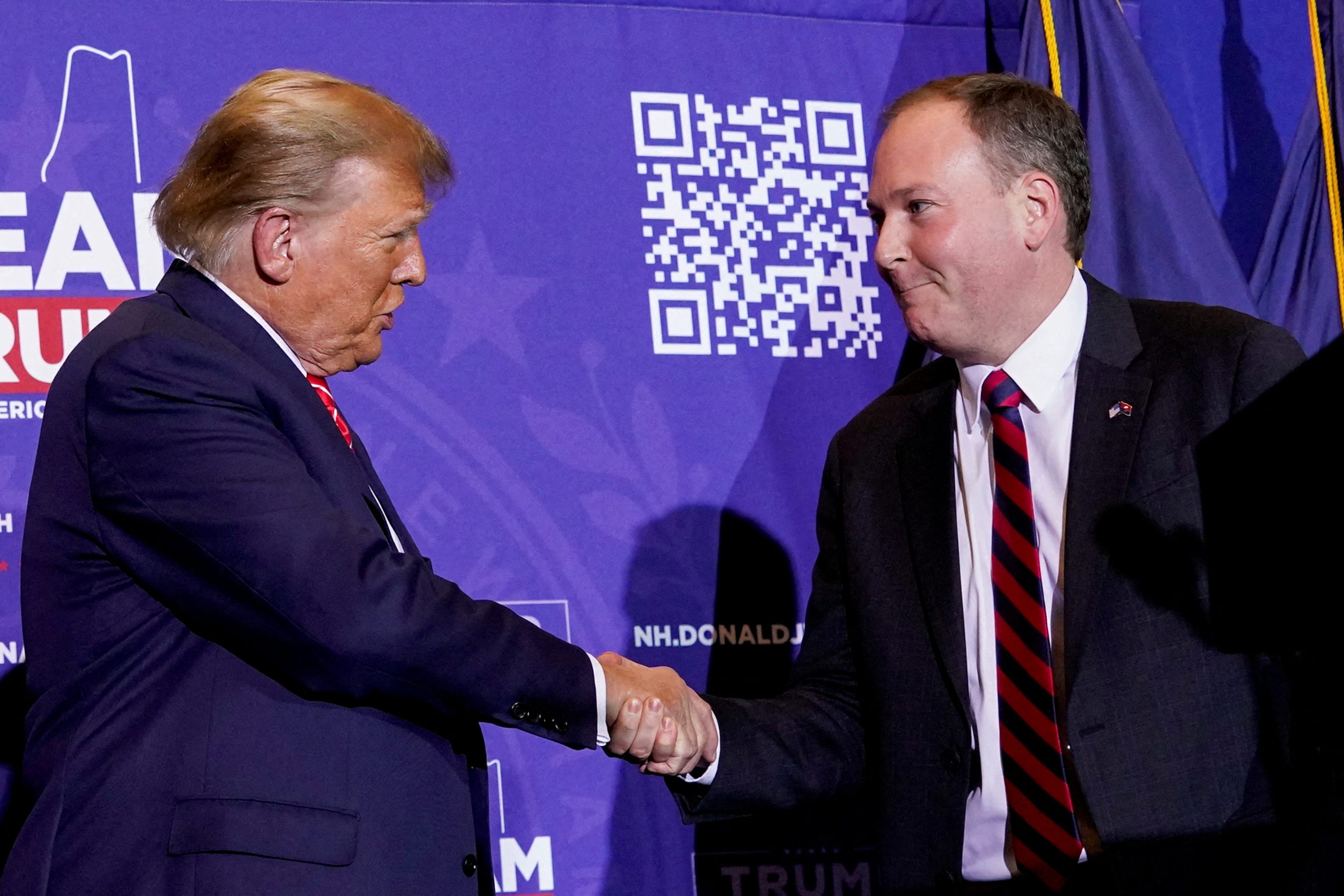With just days left before Americans decide the future of the presidency, Vice President Kamala Harris delivered a powerful closing argument against Donald Trump, drawing stark contrasts between their visions for the country. Speaking to tens of thousands at the Ellipse near the White House, Harris warned against what she described as the threat of Trump’s “chaos and division,” framing her opponent as a “wannabe dictator” eager to seize power for personal gain.
“These United States of America are not a vessel for the schemes of wannabe dictators,” she declared to resounding applause, calling on Americans to defend the nation’s founding ideals of democracy and unity. “The United States of America is the greatest idea humanity has ever devised,” Harris proclaimed, underscoring her faith in the nation’s ability to move beyond division and envision a more inclusive future.
Harris also evoked a potent memory from the Ellipse, where Trump had spoken just before the January 6 Capitol attack. Without hesitation, she reminded the crowd of the events that followed his rally, linking Trump’s actions with a disregard for democratic values. “He sent an armed mob to overturn the will of the people,” she stated, holding Trump accountable for inciting one of the most consequential events in recent history. This reminder, just days before the election, aimed to mobilize voters to consider not only policy but the character of those they choose to lead.
In a direct contrast to Trump’s confrontational style, Harris promised to seek unity and bipartisanship, signaling that she would welcome dialogue with those who may disagree with her policies. “The fact that someone disagrees with us does not make them the enemy within,” she assured, taking aim at Trump’s tendency to label dissenters as adversaries. She emphasized her intention to govern for all Americans, regardless of political affiliation, stating, “When elected, I will walk into the Oval Office with a to-do list for the American people, not an enemies list.”
Harris’ rhetoric stood in stark contrast to the Trump campaign’s response, which quickly labeled her speech as fearmongering. Trump’s press secretary, Karoline Leavitt, claimed that Harris was “lying” and resorting to “name-calling” to distract voters from her own administration’s record on issues like inflation and immigration. However, Harris pushed back, positioning herself as a leader committed to “common ground and common sense,” promising Americans she’d work to improve their lives rather than score political points.
Beyond her critique of Trump, Harris’ speech sought to bridge divides, speaking to undecided voters disillusioned by polarization and tired of political “drama and conflict.” She called for a fresh start, urging Americans to “turn the page on the drama, fear, and division.”
As Election Day looms in what’s expected to be a close race, Harris’ appeal for unity, combined with a firm stance against Trump’s legacy, could shape the final outcome. For now, both campaigns are making their closing arguments to a deeply divided America, where every vote may prove decisive.
Sources for this article include: CNN, BBC, and The Washington Post.

